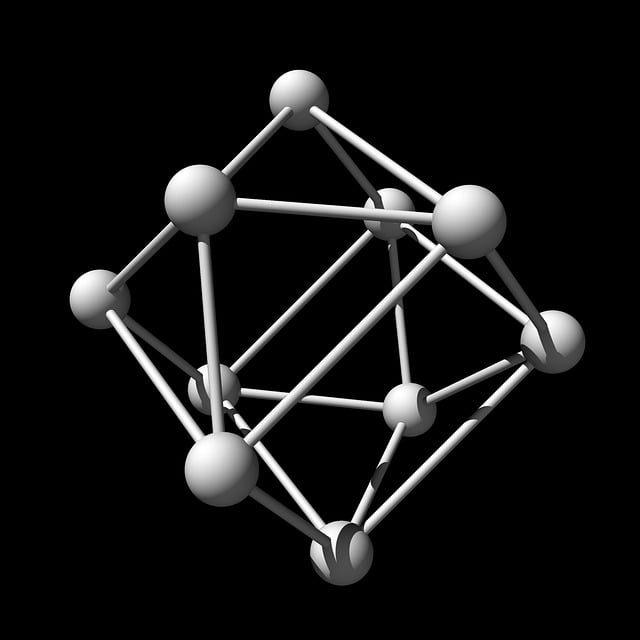Kratom, a natural energy booster derived from Mitragyna speciosa, offers a short-term solution for fatigue but may cause side effects like insomnia and, less commonly, hair loss. While some users report thinning hair, the link is not fully understood. Alternative solutions focus on addressing physical (sleep, diet) and mental (stress) contributors to exhaustion. To mitigate kratom-induced hair loss, dietary changes, nutrient supplementation, hydration, stress reduction, strain rotation, and dosage adjustments are recommended.
“Uncover natural ways to boost your energy with a focus on alternative solutions, especially considering the rise in popularity of kratom for its invigorating effects. While kratom has been known to increase alertness, this article delves into more sustainable options. We explore how certain herbs and lifestyle changes can enhance stamina without potential side effects like kratom-cause hair loss. Get ready to discover a world of energy boosters that promote overall well-being.”
- Understanding Kratom and Its Effects on Energy Levels
- Exploring Natural Alternatives to Boost Energy Without Kratom
- Mitigating Potential Side Effects: Addressing Kratom-Related Hair Loss
Understanding Kratom and Its Effects on Energy Levels
Kratom, derived from the tropical plant Mitragyna speciosa, has gained popularity as a natural alternative for energy and focus enhancement. Unlike synthetic stimulants, kratom is known for its mild yet effective stimulation of the central nervous system. The effects of kratom on energy levels are attributed to its unique chemical composition, which includes alkaloids like mitragynine and 7-hydroxymitragynine. These compounds interact with opioid receptors in the brain, leading to increased alertness and reduced fatigue without causing jitteriness or anxiety often associated with traditional energy boosters.
While kratom is generally considered safe for short-term use, it’s essential to note that excessive consumption or prolonged usage may lead to potential side effects, including insomnia, restlessness, and in rare cases, hair loss. However, the relationship between kratom and hair loss is not well-established, and further research is needed to understand these correlations. Understanding these aspects of kratom usage can help individuals make informed decisions about incorporating it into their daily routines as a natural energy booster.
Exploring Natural Alternatives to Boost Energy Without Kratom
Many people turn to kratom as a natural energy booster, but it’s important to explore alternative options, especially if concerned about side effects like kratom cause hair loss. Sleep deprivation and poor diet are often underlying factors contributing to fatigue. Prioritizing consistent sleep schedules and adopting a balanced diet rich in fruits, vegetables, lean proteins, and healthy fats can significantly enhance natural energy levels. Regular exercise, such as brisk walking or yoga, not only improves physical health but also boosts mood and energy throughout the day. Additionally, staying hydrated by drinking adequate water is crucial for maintaining optimal energy, as even mild dehydration can lead to fatigue. Stress management techniques like meditation or deep breathing exercises can also help combat exhaustion, promoting overall well-being without relying on substances like kratom.
Mitigating Potential Side Effects: Addressing Kratom-Related Hair Loss
Kratom, while known for its energy-boosting properties, has been linked to potential side effects, including hair loss. Some users report experiencing alopecia or thinning hair after regular consumption. This concern is particularly noteworthy as hair health is often an indicator of overall well-being. Mitigating this effect requires a comprehensive approach.
Addressing kratom-related hair loss involves both dietary adjustments and supplementing with nutrients essential for hair growth, such as biotin, vitamin D, and iron. Maintaining adequate hydration levels and adopting stress-reduction techniques can also help combat hair loss associated with kratom use. Additionally, rotating strains and reducing overall dosage may alleviate the issue, allowing individuals to enjoy the energy-boosting benefits of kratom while preserving their scalp’s health.
Kratom has been popular as a natural energy booster, but it’s important to be aware of its potential side effects, like hair loss. While exploring alternative energy boosters is crucial, understanding both the benefits and risks of kratom is essential. There are numerous natural alternatives that can help increase energy levels without the associated hazards. By delving into these options, you can find a sustainable and healthy way to combat fatigue while avoiding the potential kratom-cause hair loss.













